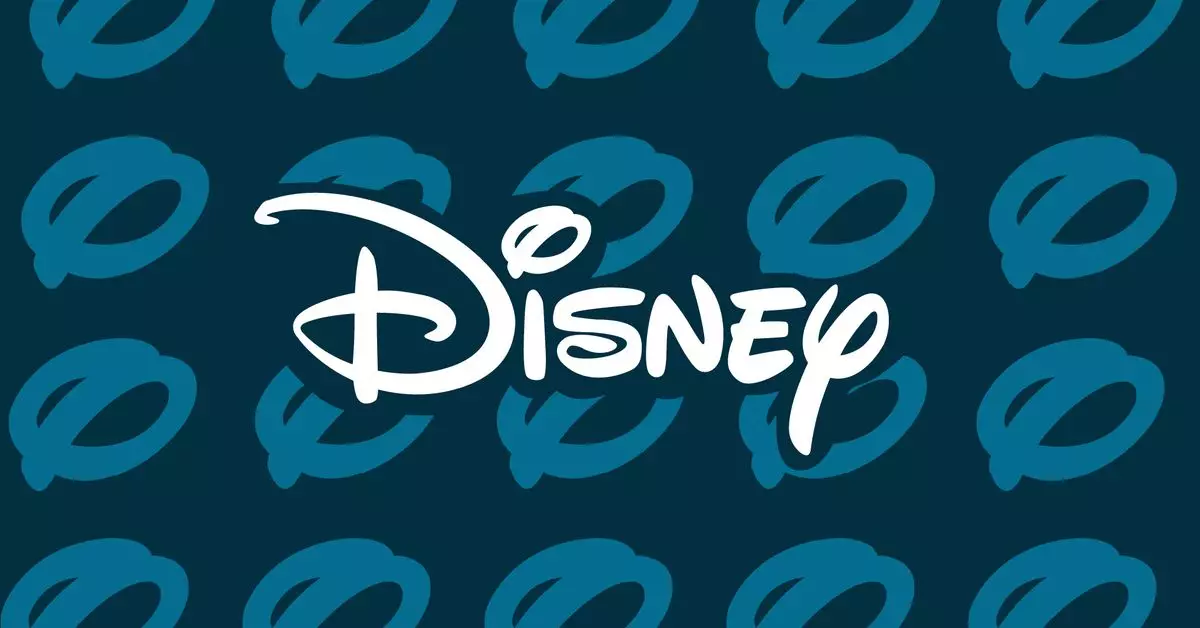The ongoing battle between DirecTV and Disney has left roughly 11 million subscribers without access to popular channels like ABC and ESPN. The blackout occurred at a critical time, interrupting major sporting events like the US Open tennis tournament and the upcoming NFL season opener. Both companies are pointing fingers at each other, blaming the opposing party for the disruption in service.
DirecTV claims that Disney is preventing them from offering more flexible packages that cater to consumer interests. The company alleges that Disney is driving viewers towards its own streaming services, such as Hulu and Disney Plus, thus diminishing the value of traditional network TV. Additionally, DirecTV accuses Disney of attempting to avoid accountability by demanding that all claims of anti-competitive behavior be waived.
Rob Thun, DirecTV’s chief content officer, expressed frustration with Disney’s approach, stating that the company prioritizes profits over consumer satisfaction. Thun emphasizes the importance of accountability and fairness in the business world, suggesting that Disney’s actions are detrimental to consumers’ ability to access desired content at reasonable prices.
Disney’s Response
Contrary to DirecTV’s claims, Disney argues that its channels are of premium value and deserve appropriate compensation. The company insists that DirecTV’s refusal to pay fair prices for their content undermines the quality and reputation of their programming. Disney highlights its significant investments in delivering top entertainment, news, and sports brands, stressing the importance of meeting viewer expectations.
In a statement on their website, Disney urges DirecTV to prioritize their customers’ interests and finalize a deal that would restore programming immediately. The company emphasizes the need for fair negotiations that acknowledge the value of their television channels and programs.
The expired contract between DirecTV and Disney was originally negotiated in 2019, suggesting that both parties had ample time to reassess their terms and conditions. It is common practice for such agreements to expire during peak viewership periods to incentivize timely renegotiation. However, carriage disputes like this one are not uncommon in the media industry.
Disney’s decision to pull its channels from DirecTV mirrors a similar move made against Charter’s Spectrum subscribers during the US Open last year. This disruption lasted for twelve days before a resolution was reached, indicating a pattern of contentious relationships between Disney and cable providers.
The DirecTV vs. Disney dispute sheds light on the challenges of negotiating fair distribution deals in the media industry. Both companies have valid arguments regarding the value of their content and the need for consumer-friendly options. As the blackout continues to impact millions of viewers, it is crucial for DirecTV and Disney to find common ground and prioritize the interests of their audience. Only through transparent communication and mutual respect can a solution be reached that benefits all parties involved.

